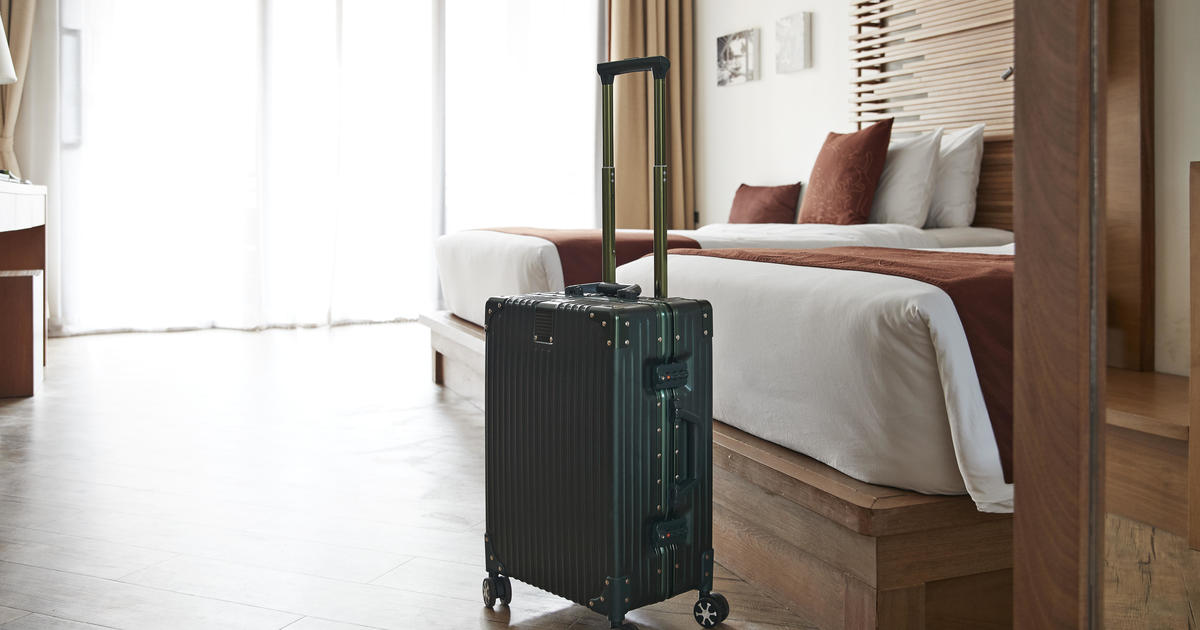It’s one of the biggest traveler complaints about hotels: the dreaded — and often undisclosed — “resort fee.” For anywhere from $20 to $90 a night, the fee can include a free towel at the pool or a beach chair, internet access, maybe a bottle or two of water, a daily newspaper and perhaps access to the health club.
But many hotels don’t readily disclose these fees when travelers make a reservation, and others don’t inform you of the fee when you check in. Most travelers only find out about it when they check out — and discover how much their room really cost.
The other problem: Most travelers don’t want or need these services, and question why they would be charged for them.
The resort fee phenomenon started in the mid-1990s.
At first, the fees were found just in actual resorts at tourist destinations. But they’ve spread throughout the U.S. to hotels of all kinds, including city hotels. Some urban hotels call them “destination fees.” And these fees aren’t necessarily charged just by upscale hotels. Travelers might be surprised by these fees even at a two-star hotel.
Travelers have complained from the beginning, claiming the hotels lacked pricing transparency and had an obligation to disclose these charges.
Ten years ago, the U.S. Federal Trade Commission warned 22 hotels that resort fees were not adequately disclosed on hotel reservation websites. The FTC claimed that resort fees amounted to a form of “drip pricing,” an insidious way to increase the actual room rate.
While some hotels modified their disclosures, many ignored the federal agency warning. And the FTC didn’t pursue the warnings with any legal enforcement action. Instead, the number of hotels assessing resort fees — and the amount of those fees — continued to rise. The FTC reported that in 2015, consumers paid an estimated $2 billion in resort fees, 35% higher than the previous year. Fees have continued to increase rapidly in the years since.
Why are resort fees so popular with hotels?
State and local governments charge both occupancy taxes as well as sales taxes on room rates, meaning a big bite is taken out of what hotels net. But with a resort fee, hotels get to keep a majority of the fee, minus a much lower sales tax. And hotels don’t pay a commission to online websites like Expedia or to individual travel agents on resort fees.
This may also explain why airlines make more money from ancillary fees, like checked bags, than they do from much of the revenue from ticket sales. An airline ticket is taxed at a high federal excise tax fee. The tax on a domestic nonstop $100 ticket would be a minimum of $27.30 — and good luck finding something at that price. But a checked bag fee is taxed at a much lower state sales rate. The airline makes much more money from the $60 it charges for two checked bags than the $100 ticket. It’s not even close.
How some states are taking action
As more hotels charged resort fees — essentially the same tax dodge — consumer complaints soared. And soon, attorneys general in all 50 states opened investigations. The Pennsylvania attorney general and the D.C attorney general acted first, filing separate suits in 2019 against Marriott for violation of consumer protection laws, claiming the hotel company was essentially charging a second room rate by assessing a separate resort fee. The states charged that by advertising a room without including the resort fee in the price, the hotels were able to advertise a lower official room rate than the actual price of the room.
In November 2021, Marriott reached a settlement with the Pennsylvania attorney general. In the settlement, Marriott did not admit wrongdoing but agreed to within nine months — meaning by August 2022 — include the fees on the first page of its booking site.
What consumers can do about resort fees
Does the full disclosure settlement mean the resort fee issue has been resolved? Hardly. What hotels don’t volunteer is that many of these fees are negotiable, even at hotels that post that their resort fee is “mandatory.”
But travelers need to vote with their wallets and book their hotel rooms as part of a conversation with the hotel, and not online.
The internet cannot answer these questions: Is parking free? Can you waive the internet cost? Can my kids stay free, or even eat free? And considering that most hotel resort fees include things that most guests will never use, the arguments can be made — and have been successfully at many hotels — for a negotiated, more reasonable a la carte room rate.
